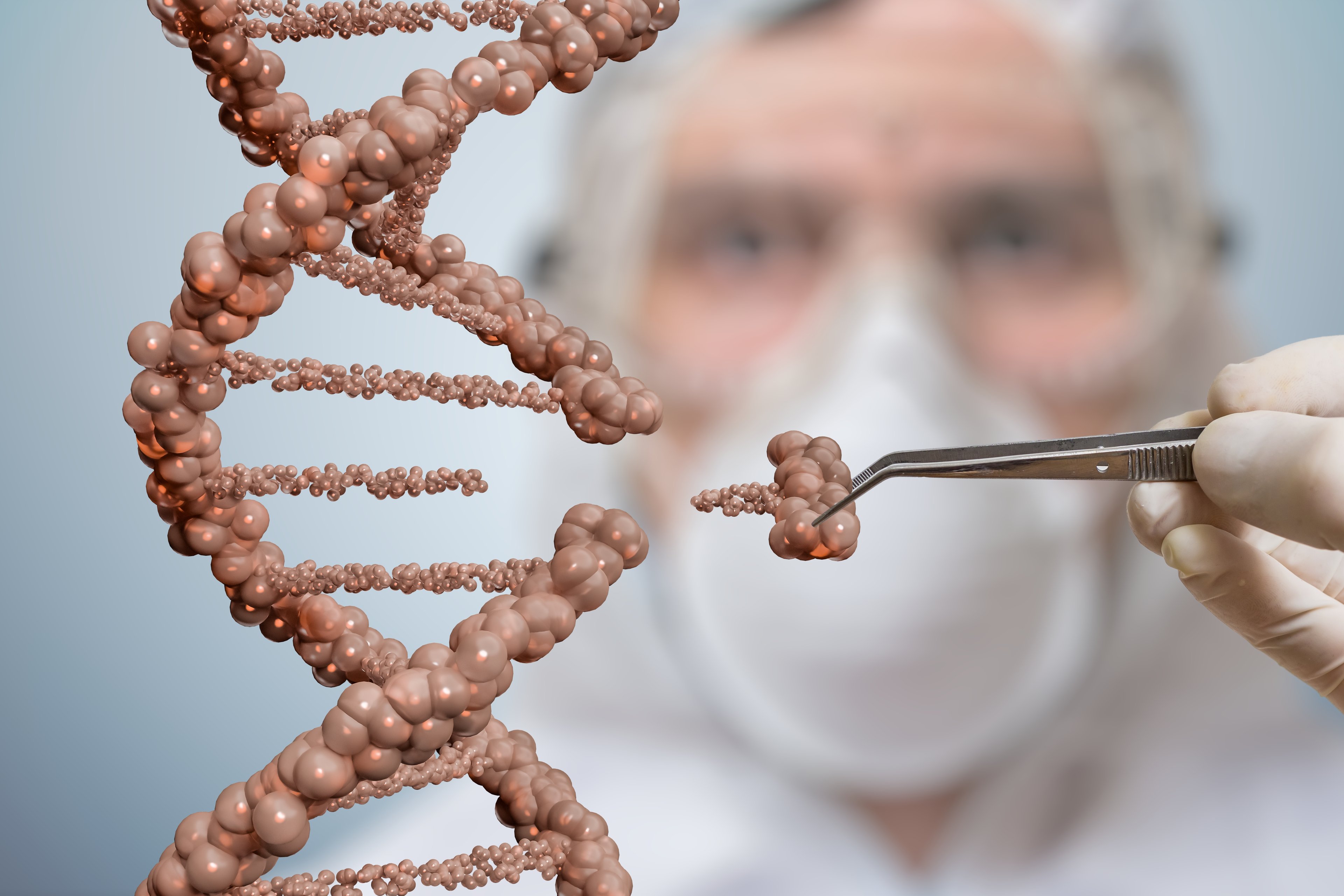What happened
Shares of Crispr Therapeutics AG (CRSP 1.29%), a start-up biotech using eponymous gene-editing technology to develop new therapies, popped 15.2% in early-morning trading on Tuesday. Shares have settled to a gain of 14.4% as of 12:10 p.m. EST after investors digested a report in the Wall Street Journal that suggests Chinese scientists started testing drugs made with the technology on humans years ago.
So what
It appears scientists in China have been genetically altering cells belonging to cancer and HIV patients with CRISPR-Cas9 technology since 2015. Although no scientific papers have been published, investors are taking the news of at least 86 patients involved as a good sign, since therapies being developed by Crispr Therapeutics will be using similar technology.

Image source: Getty Images.
In the U.S., Crispr Therapeutics and its peers are still awaiting regulatory reviews that would allow them to begin human testing with their first new therapy candidates.
Perhaps fearing international condemnation for playing fast and loose with patient safety, Chinese investigators haven't published any formal scientific papers. Today's gain would probably have been a bit stronger if not for a dismal initial safety snapshot. There have been at least 15 deaths, about half of which are thought to be treatment related.
Now what
At least we know that cells modified with CRISPR-Cas9 technology won't turn people into giant blueberries. Without any official data, today's revelation really doesn't tell us any more about Crispr Therapeutics' potential to generate returns for investors.
Crispr Therapeutics' first candidate, CTX001, is expected to enter human trials later on this year. Crispr's partner, Vertex Pharmaceuticals (VRTX +0.56%), will share half of the expenses associated with developing the drug and half of any potential profits. Applications, which actually involve a review process, have been submitted to regulators in the U.S. and EU, and the company expects to begin fully documented clinical trials with CTX001 as a potential treatment for beta-thalassemia and sickle-cell disease later this year.







